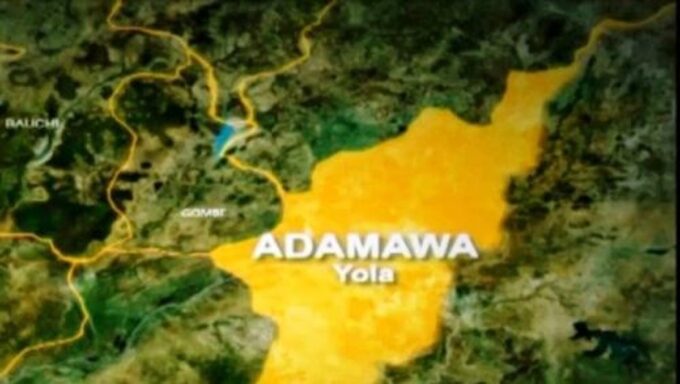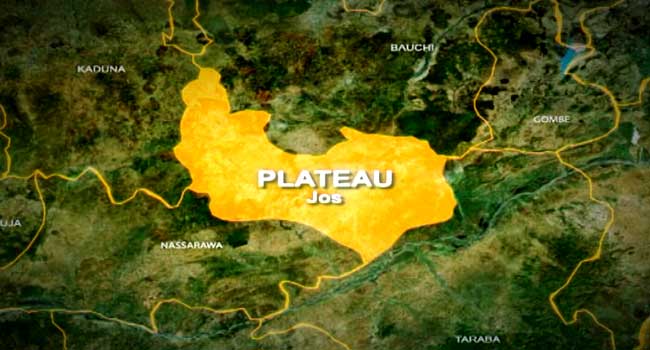
Canada deported 366 Nigerians between January and October 2025, as it intensified its immigration enforcement drive at the fastest pace in over a decade, official data obtained by Saturday PUNCH has shown.
The figure, obtained from the Canada Border Services Agency removals programme statistics, also revealed that 974 Nigerians are currently in the “removal in progress” inventory, awaiting deportation from Canada.
The latest statistics, updated on November 25, 2025, showed that Nigeria ranked ninth among the top 10 nationalities deported from Canada in the under review, with 974 Nigerians in the fifth position among those awaiting removal.
A breakdown of the data showed that Nigerian deportations have fluctuated over the years.
In 2019, Canada removed 339 Nigerians; this dropped to 302 in 2020, then to 242 in 2021, and to 199 in 2022.
While Nigeria did not feature in the top 10 in 2023 and 2024, it returned to the list in 2025, recording 366 removals in just 10 months.
This represented an eight per cent increase compared to the 2019 figure.
The deportations come amid Canada’s aggressive immigration crackdown, with the CBSA now removing nearly 400 foreign nationals weekly, the highest rate in over a decade.
In fiscal year 2024-2025, Canada removed 18,048 people, spending approximately $78m in the process.
Under the Immigration and Refugee Protection Act, the CBSA is legally obligated to remove any foreign national with an enforceable removal order.
Individuals may be found inadmissible and face removal for several reasons, including security grounds, human or international rights violations, criminality, organised crime, health grounds, financial reasons, misrepresentation, and non-compliance with immigration rules.
The majority of those being removed, about 83 per cent, are failed refugee claimants whose asylum applications were denied.
Criminality accounts for about four per cent of removals.
Canadian law stipulates three types of removal orders: departure orders, which require individuals to leave within 30 days; exclusion orders, which bar re-entry for one to five years; and deportation orders, which permanently bar individuals from returning unless they obtain special authorisation.
The Canadian government says it is intensifying deportations to tighten immigration targets and address concerns over housing shortages, labour market pressures, and border security.
It also allocated an additional $30.5m over three years to bolster removal efforts, while committing $1.3bn to enhance border security.
President of the Canadian Association of Refugee Lawyers, Aisling Bondy, had expressed concern that deportations may ramp up further if Bill C-12, also known as the ‘border bill,’ passes.
“One of the clauses in that bill is that a lot of people will be permanently banned from filing a refugee claim in Canada,” Bondy said.
Analysis of the CBSA data revealed that Nigeria is the only African country featured in the top 10 nationalities for deportations in 2025.
Other African nations are grouped under “remaining nationals,” which accounted for 6,233 removals in 2025.
The top 10 countries for removals in 2025 are: Mexico (3,972), India (2,831), Haiti (2,012), Colombia (737), Romania (672), United States (656), Venezuela (562), China (385), Nigeria (366), and Pakistan (359).
Similarly, in the removal-in-progress record, Nigeria (974) is the only African country listed in the top 10. The inventory is led by India (6,515), followed by Mexico (4,650), the United States (1,704), China (1,430), Nigeria (974), Colombia (895), Pakistan (863), Haiti (741), Brazil (650), and Chile (621).
Canada remains a popular destination for Nigerians seeking better opportunities. According to the 2021 Canadian census, over 40,000 Nigerians moved to Canada between 2016 and 2021, making them the fifth-largest recent immigrant group and the largest population of African migrants to Canada.
Data from Immigration, Refugees and Citizenship Canada showed that 6,600 Nigerians arrived as new permanent residents in the first four months of 2024, making Nigerians the fourth-largest international population to obtain permanent residency, after India, the Philippines, and China.
Between 2005 and 2024, over 71,459 Nigerians obtained Canadian citizenship, placing Nigeria 10th among source countries for new Canadian citizens.
Canada’s ageing population and labour shortages have made it an attractive destination for skilled professionals and students from Nigeria.


















Leave a comment